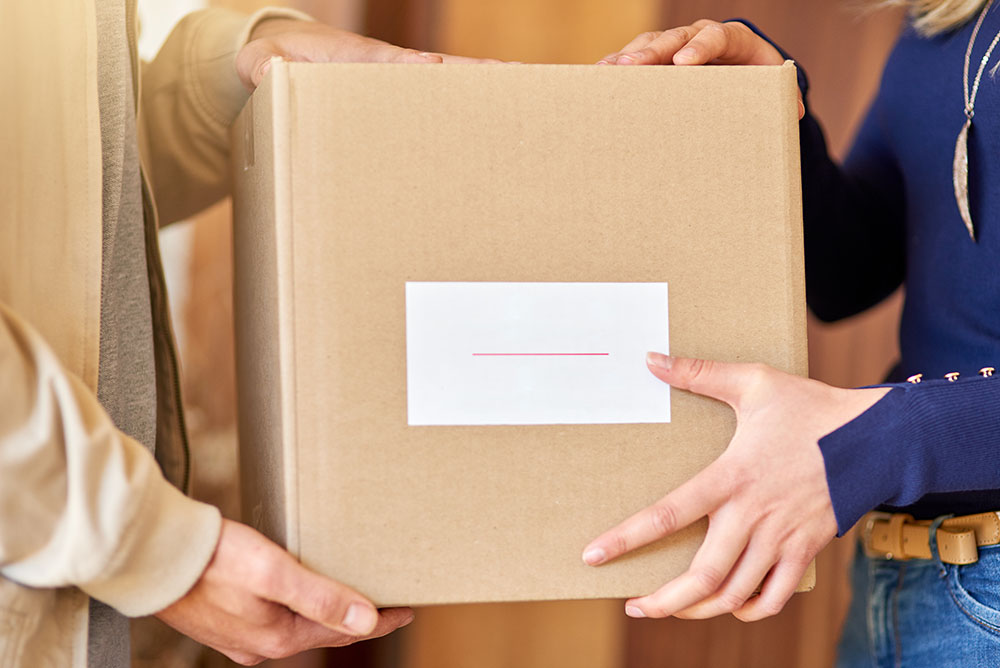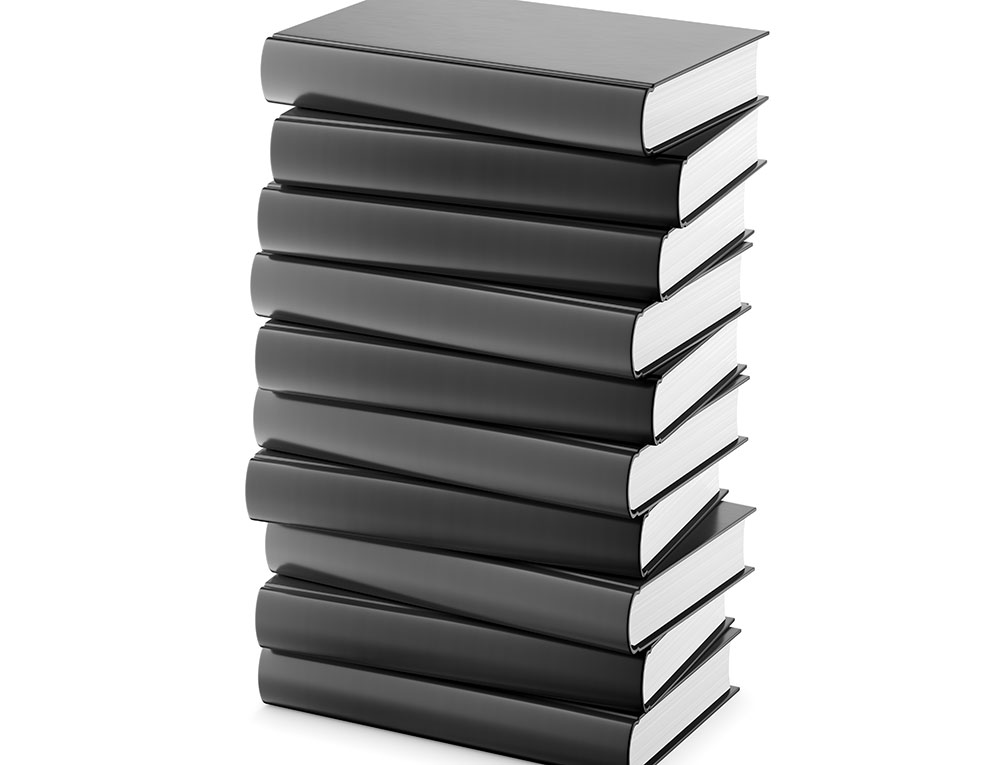DIY/SELF-PUBLISHING?
SELF-PUBLISHING MEANS - RATHER THAN USING A TRADITIONAL PUBLISHER - YOU CAN PRODUCE A PROFESSIONAL-LOOKING BOOK YOURSELF USING YOUR OWN AND LOCAL RESOURCES
Pros
Cons

No contracts or copyright issues
Traditional publishers contract your book. That means you sign over control of the book to them and their processes. In self-publishing you are the publisher and there are no contracts involved.

Fast turn-around times
Depending on the size of your self-published book, design and printing may take a month or less. Using agents and traditional publishers may take months to years from submission to final product unless you have a history with them, or your book is a priority for them

Small print runs
Modern digital printers can print from 20 books to thousands at a time. You no longer have to pay for large print runs to make the job economical for the printer. You can print "on-demand" only as you need to, at much lower cost.
About Self-publishing:
Unfortunately, most people are not writing prodigies waiting to be discovered, and most people who have something worth saying are not going to find a publisher interested in it. But for people who do have something they want to say or share, even just with family and close friends or niche markets, self-publishing is one way of producing your book at very reasonable cost. You don't have to spend time and money trying to find the right publisher. Now people who do have something to say but, formerly, have had no means to say it, can write and publish - quickly and even internationally.
You are the publisher and there's nothing difficult about being the publisher of your own book
People often mistakenly think that the printer, or the book production agency is the publisher. No. In self-publishing, the author is the publisher. You don't need to set yourself up legally as a publisher, or pay any fees. You simply name yourself on the copyright page as the publisher of the book and holder of the copyright, and people can only use your material according to your terms. Hey presto, you are now the publisher.
The growth in self-publishing is happening for many reasons
Developments in digital printing technology: Printing presses are smaller, more efficient, more "intelligent" and faster to set up than they have ever been. Think cheaper production costs! In the trade they are called digital printers and are overtaking analog in sales. (Old large analog printers are still ideal for large print runs (of thousands of an item) but are not economic for small print runs.) So, authors can now afford small initial print runs of, say, 100 books or less. If demand is steady, you can print a few more. Some people only want small print runs anyway, eg., for immediate family. And it's quick: maybe 10 days or less between signing off on the proof, and delivery to your address.
It's surprising how many small changes people want made to a book after the first print run! With smaller print runs errors can be fixed or changes made easily and quickly. With longer print runs mistakes have to wait until the next print run for correction. If there is only one big print run, that change may never be made or error corrected.
The appeal of the small niche market: Often people who self-publish are happy to address a niche market that might not be attractive or lucrative for a traditional publisher, eg., a book on the soils of Niue Island will not interest a traditional publisher but will be of interest to specialist academic libraries, prospectors, researchers and leaders in the Pacific Islands, and the author will no doubt have access to these networks. This scenario can be multiplied a thousand times over for many writers in many subjects. There will almost always be groups of people interested in what you have to say when traditional publishers won't be.
Contract-free publishing: If you're choosing a traditional publisher there is no publishing deal without a legal contract. Many are just standard documents but there are snags for the unwary. Once you sign a contract the book becomes the property of the publisher; it is no longer yours. You have signed over the copyright and there will be conditions attached. You can be signing away the look of the book, the cover design, editing control, the title, and anything certain about the return of copyright to you (so you can make your own decisions about the future of your book). Some publishers will be more flexible than others. But if you are self-publishing the copyright remains yours, no-one else can reproduce it without your permission and the book will look and read just as you want it to.
You won't be getting any royalties but you won't miss them.
Traditional publishers will give you what are called royalties. These are essentially payments to you based on sales. But most people don't realise they only amount to an average 10% of the retail price of your book. Granted, the publisher meets your printing costs and distribution costs - and some marketing costs - from what they make on the book, but 10% back on the retail price of your book is not much. If you decide to self-publish you will have to meet your own printing costs up front and do your own distribution, but your returns should be better than 10% of your costs - unless you are giving the book away!
"But I don't want to have to market and distribute my book!"
(A lot of self-publishing authors complain about this.) But traditional publishers also rely quite heavily on authors to make sales themselves eg., by speaking and promoting. If you publish and print your own book that's what you'll be doing anyway and you may sell more books for your efforts than a traditional publisher will. Remember that a book placed in a bookstore through traditional publishing and distribution does not guarantee sales. Outlets typically take a book on a sale-or-return basis and if it doesn't sell it goes back to the distributor after about a month. A bookshop needs to make an effort to display your book. Self-publishing means being prepared to put your boots on. Remember most books don't make a penny for traditional publishers, but are subsidised by those that do well. You could do worse than self-publish. Here are some marketing suggestions